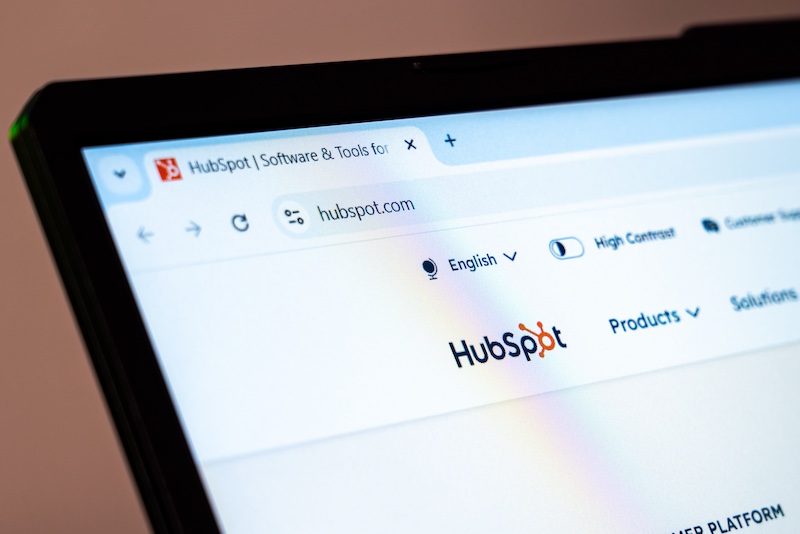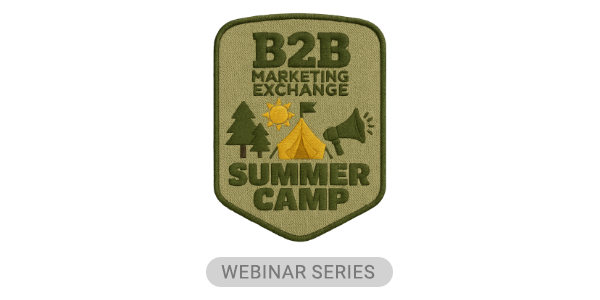With over 75% of HubSpot customers using ChatGPT, the company is now offering a new tool to make it easier for customers to apply research and analysis to their own customer data and context– and to put those business insights to work.
HubSpot is the first CRM to launch a deep research connector with ChatGPT. As more than 250,000 businesses rely on HubSpot as their single source for customer data across marketing, sales, and service, this complete view of the customer journey is seen by HubSpot officials as giving their customers an edge in an era where artificial intelligence (AI) is only as powerful as the data behind it.
“We’re building tools that help businesses lead through the AI shift, not just adapt to it,” said Karen Ng, SVP of Product and Partnerships at HubSpot. “By connecting HubSpot CRM data directly to ChatGPT, even small teams without time or data resources can run deep analysis and take action on those insights— fueling better outcomes across marketing, sales, and service.”
Ease of Use
HubSpot customers who have admin controls can enable the connector for their organization by going to ChatGPT and turning on the HubSpot deep research connector, selecting HubSpot as a data source, and authenticating their account. From there, any user in the organization can toggle it on, sign in, and start asking questions.
Additionally, the research connector was built it to ensure users only see the CRM data they’re allowed to access in HubSpot. For example, individual sales reps will only see pipeline data for deals they have permission to view. With the HubSpot deep research connector, customer data is not used for AI training in ChatGPT.
Tailored for GTM Team Members
The AI tool is intended for all members of go-to-market teams using ChatGPT. This includes:
- Marketers who can ask “find my highest-converting cohorts from recent contacts and create a tailored nurture sequence to boost engagement” then use the insights to launch an automated workflow in HubSpot;
- Sales teams can find new opportunities by asking, “segment my target companies by annual revenue, industry, and technology stack. Based on that, identify the top opportunities for enterprise expansion,” then bring them back to HubSpot for prospecting;
- Customer success teams can say, “identify inactive companies with growth potential and generate targeted plays to re-engage and revive pipeline,” then take those actions in the Customer Success Workspace in HubSpot to drive retention; and
- Support teams can say, “analyze seasonal patterns in ticket volume by category to forecast support team staffing needs for the upcoming quarter,” and activate Breeze Customer Agent in HubSpot to handle spikes in support tickets.
“The HubSpot connector is like having an extra analyst on the team, empowering sales reps to identify risks, opportunities, and next best actions,” said Colin Johnson, Senior Manager, CRM at Youth Enrichment Brands. “For a non-technical user, the fact that it’s easy to use and talks directly to my data is huge.”
Partnership with OpenAI
Nate Gonzalez, Head of Business Products at OpenAI, said “launching the HubSpot deep research connector means businesses and their employees get faster, better insights because ChatGPT has more context. We’re thrilled to work together to bring powerful AI to many of today’s most important workflows.”
The HubSpot deep research connector will automatically be available to all HubSpot customers across all tiers with a paid ChatGPT plan. ChatGPT responds to the language used in the prompt, with all available languages here







